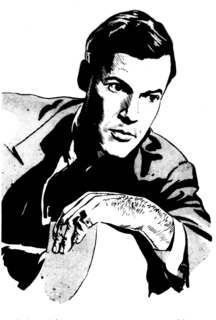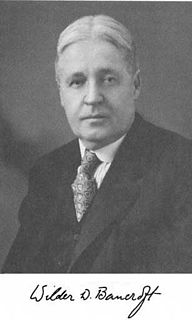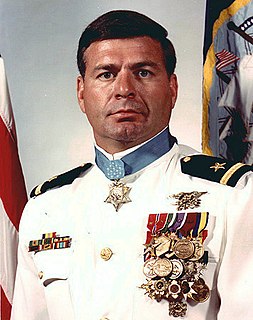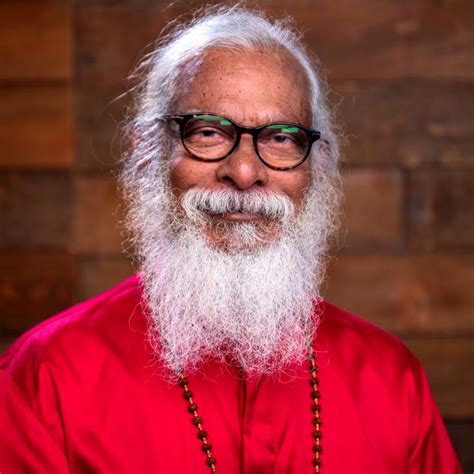A Quote by Thomas Carlyle
Are not our greatest men as good as lost? The men that walk daily among us, warming us, feeding us, walk shrouded in darkness, mere mythic men.
Related Quotes
The things we hope in sustain us during our daily walk. They uphold us through trials, temptations, and sorrow. Everyone has experienced discouragement and difficulty. Indeed, there are times when the darkness may seem unbearable. It is in these times that the divine principles of the restored gospel we hope in can uphold us and carry us until, once again, we walk in the light.
We become male automatically because of the Y chromosome and the little magic peanut, but if we are to become men we need the helpof other men--we need our fathers to model for us and then to anoint us, we need our buddies to share the coming-of-age rituals with us and to let us join the team of men, and we need myths of heroes to inspire us and to show us the way.
I have watched them all day and they are the same men that we are. I believe that I could walk up to the mill and knock on the door and I would be welcome except that they have orders to challenge all travelers and ask to see their papers. It is only orders that come between us. Those men are not fascists. I call them so, but they are not. They are poor men as we are. They should never be fighting against us and I do not like to think of the killing.
… our sons must become men – such men as we hope our daughters, born and unborn, will be pleased to live among. Our sons will not grow into women. Their way is more difficult than that of our daughters, for they must move away from us, without us. Hopefully ours have what they have learned from us, and a howness to forge into their own image.
We can distinguish three groups of scientific men. In the first and very small group we have the men who discover fundamental relations. Among these are van't Hoff, Arrhenius and Nernst. In the second group we have the men who do not make the great discovery but who see the importance and bearing of it, and who preach the gospel to the heathen. Ostwald stands absolutely at the head of this group. The last group contains the rest of us, the men who have to have things explained to us.
The love, more especially, which is concerned with the good, and which is perfected in company with temperance and justice, whether among gods or men, has the greatest power, and is the source of all our happiness and harmony, and makes us friends with the gods who are above us, and with one another.
What we men share is the experience of having been raised by women in a culture that stopped our fathers from being close enough to teach us how to be men, in a world in which men were discouraged from talking about our masculinity and questioning its roots and its mystique, in a world that glorified masculinity and gave us impossibly unachievable myths of masculine heroics, but no domestic models to teach us how to do it.
I know some say, let us have good laws, and no matter for the men that execute them: but let them consider, that though good laws do well, good men do better: for good laws may want good men, and be abolished or evaded [invaded in Franklin's print] by ill men; but good men will never want good laws, nor suffer ill ones.
Medal of Honor belongs to every man and woman who gives us the freedom today to be able to hold our flag and hold our heads up high and say we have the greatest country in the world. And that goes with the men and women in the past, and the men and women of today, and the men and women of the future. As long as Mike Thornton lives, that medal will always stand for all them. Not for me. Not for what I've done, but for what I was trained to do and what they have been trained to do to give us our freedom today.
I consider books to be good for our health, and also our spirits, and they help us to become poets or scientists, to understand the stars or else to discover them deep within the aspirations of certain characters, those who sometimes, on certain evenings, escape from the pages and walk among us humans, perhaps the most human of us all.
God's word tells us that righteousness is a gift; it cannot be earned. But godliness is not a gift. We must pay a price to touch godliness through a daily decision to die to self and embrace the cross. God calls us to learn godliness in the classroom of life among people as we sit on airplanes and buses, walk among our neighbors and labor at our factories or desks.






































